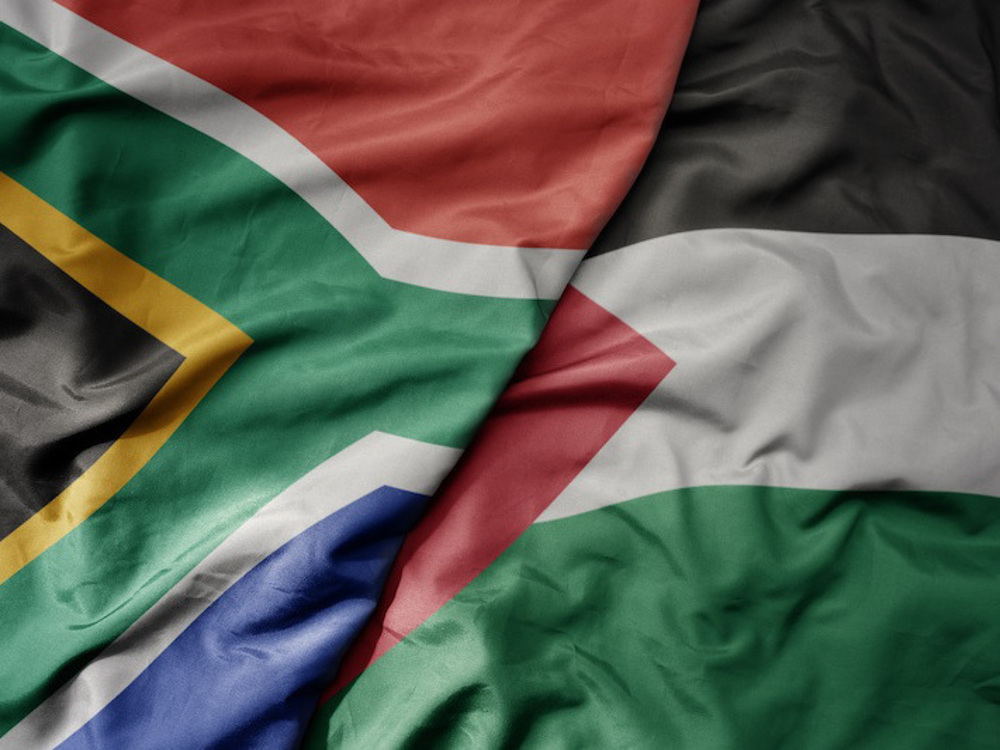Armed men attack neighborhood in CAR capital, kill three
At least three people have been killed and hundreds of others forced to flee their homes in the Central African Republic (CAR) over an attack by gunmen against a neighborhood in the country’s capital.
The deadly incident occurred in the predominantly Muslim PK5 neighborhood of the capital, Bangui, on Monday when armed men with machine guns and heavy weapons raided the neighborhood.
No group has yet claimed responsibility for the attack, but members of the anti-Balaka militia are suspected.
According to witnesses, soldiers from the United Nations mission in the CAR engaged the assailants and were ultimately able to repel them. Reports said fighting had died down when night fell.
Earlier, on Sunday, fully armed members of ex-rebel group Seleka had abducted six police officers in the capital, according to Minister of the Interior Jean-Serge Bokassa. It was, however, not clear whether the Monday attack and the Sunday kidnappings were linked.
Clashes in the south
Meanwhile, police sources said Tuesday that some 16 people have lost their lives in two days of fighting between Fulani herdsmen and seleka rebels in the northern town of Kaga Bandoro.
“According to an initial toll, 16 people, most of them armed Fulani herdsmen, were killed and more than 20 others were wounded in the clashes,” said police officer, speaking on condition of anonymity.
The clashes, however, are not related to the new wave of violence in the capital.
The CAR, one of the world’s poorest countries, has been hit by turmoil since 2013, when Christian armed groups launched coordinated attacks against the mostly-Muslim Seleka group, which itself had toppled the government in March that year.
In December 2013, France deployed military forces to the CAR, a former French colony, after the UN Security Council gave the go-ahead to sending troops to the country in a declared aim to contain the violence that ensued the coup.
However, violence has not subsided. According to the latest UN estimates, the conflict in the CAR has internally displaced 399,000 people and forced more than 460,000 to flee to neighboring countries.
Occupation of Syria’s highest peak Mount Hermon part of ‘Greater Israel’ project
Iran: Syrian people will decide their future without foreign interference
IRGC says Iran’s power exceeds borders, warns enemies to adjust themselves
Dozens detained, several wounded in Israeli raids in West Bank
‘Ethnic cleansing’: Hamas blasts Israeli attacks on Gaza hospital amid intl. silence
Saudi delegation meets HTS leader at presidential palace in Damascus
Relentless Israeli ceasefire violations justify need for self-defense: Lebanese MP
Tel Aviv tells Damascus Israeli forces will remain in occupied territory: Report












 This makes it easy to access the Press TV website
This makes it easy to access the Press TV website